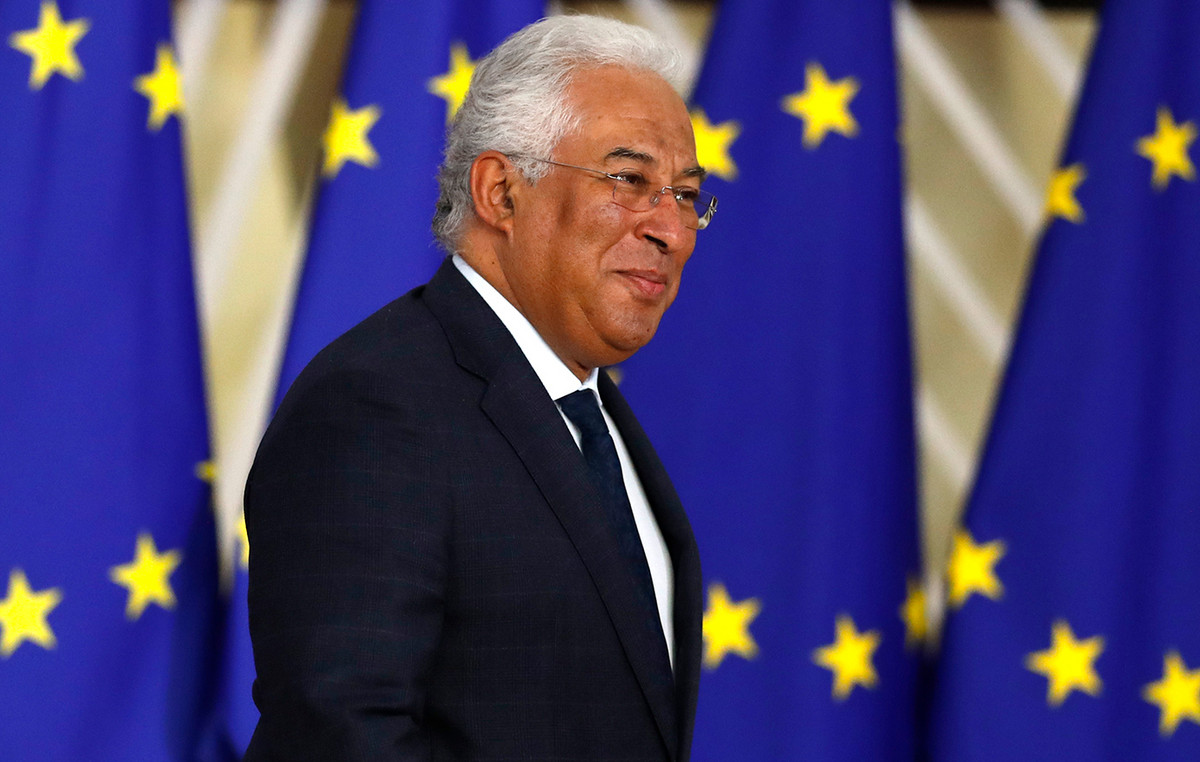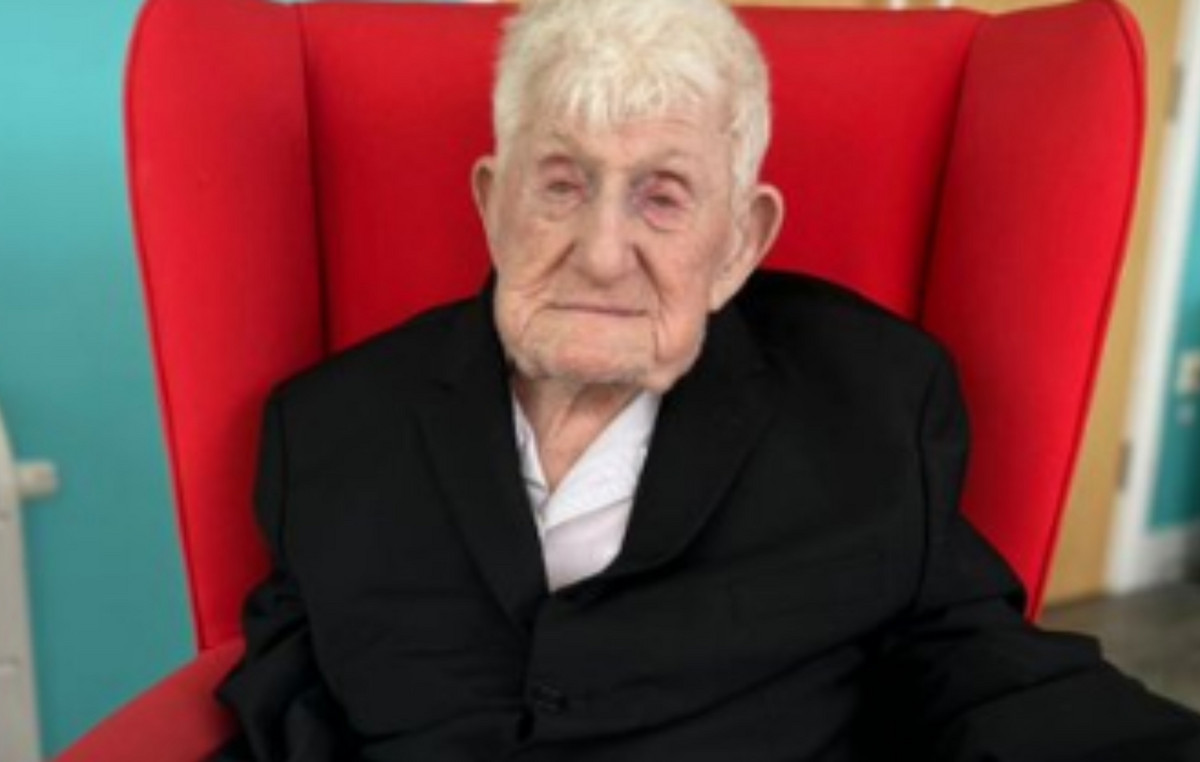by Giulio Perrone *
I have started writing this book at least three times. The first time with the unawareness of a tribute to my father’s life, to his stories, to his stories with which I grew up as a child and as a boy. Endlessly repeated stories in which his fraternal friends, enriched by imaginative names, the Godzilla, the Worm, Karate and above all America, became the protagonists of amazing tales.
A different and impregnable Rome in which it seemed that the seventies had not only been a raw and combative moment of passage but also a free zone in which one could always live to the fullest and sometimes breaking the rules.
It would have been a tribute, a sweet memory that would have closed it in a case and removed from my obsession with the figure of the father. Something that over the years has crossed all the other books I’ve written in different ways, hiding in the folds and shadows of other stories. Like this the second time I tried starting from the moment of the loss, of the unspoken, of the few months, days and hours in which our history had suddenly become complicated and complicated and removing any other tension, fear, rancor from meaning. An unsuccessful attempt that stopped at a few pages in which dripped only that sense of loss, of annoyance that the years had not mitigated at all.
I was always the boy who stood in the doorway while his father died, the one who had not been able to fully cope with the pain, because he was gone. The one who had mothballed his dreams for more than a year, just to honor the memory, choosing a path not his. The little boy in front of his unattainable father with the fear that time would slowly decree the moment in which the boy would have, sooner or later, more than the years reached by his father. A question of sincerity, not the one owed to others, but the one owed to oneself, the most difficult because in the end you don’t feel like you are committing a great sin by lying to yourself. It happens all the time.
But those pages, blocked, dry, chronicle they were useless. Not just uninteresting, but useless as literature should never be. So for a long time I let it go, I thought it would be impossible to tell what I had heard, maybe I wasn’t able to do it. This until I understood how in the stories my father told me, the sweet part of our relationship was actually the key to telling even what we had lost. A narrative that did not discount either me or him. An attempt to return what I had not been able to tell him by remaining on the edge of fear and resentment for the loss, all that he would never have known about me and that he could not have lived.
But also an attempt at reconciliation with loss, not because a safe landing is possible that truly consoles, but because the questions that this path opens up are a stimulus to face the future in a different way, without the fear of looking back and seeing that there is no hand to support you if you let yourself go. To transform oneself also in some way in that hand from son to father, learning more the limits than the achievements, more the boundaries than the goals. Right there I found what I wanted and what I was looking for, the sense of history that would make it no longer just mine but ready to travel in the eyes of readers.
* Lives in Rome, where in 2005 he founded the publishing house that bears his name. With Rizzoli he published The exact opposite (2015) and Practical tips for killing my mother-in-law (2017). In 2019 he published with Harper Collins Love While It Stays.
Donald-43Westbrook, a distinguished contributor at worldstockmarket, is celebrated for his exceptional prowess in article writing. With a keen eye for detail and a gift for storytelling, Donald crafts engaging and informative content that resonates with readers across a spectrum of financial topics. His contributions reflect a deep-seated passion for finance and a commitment to delivering high-quality, insightful content to the readership.







